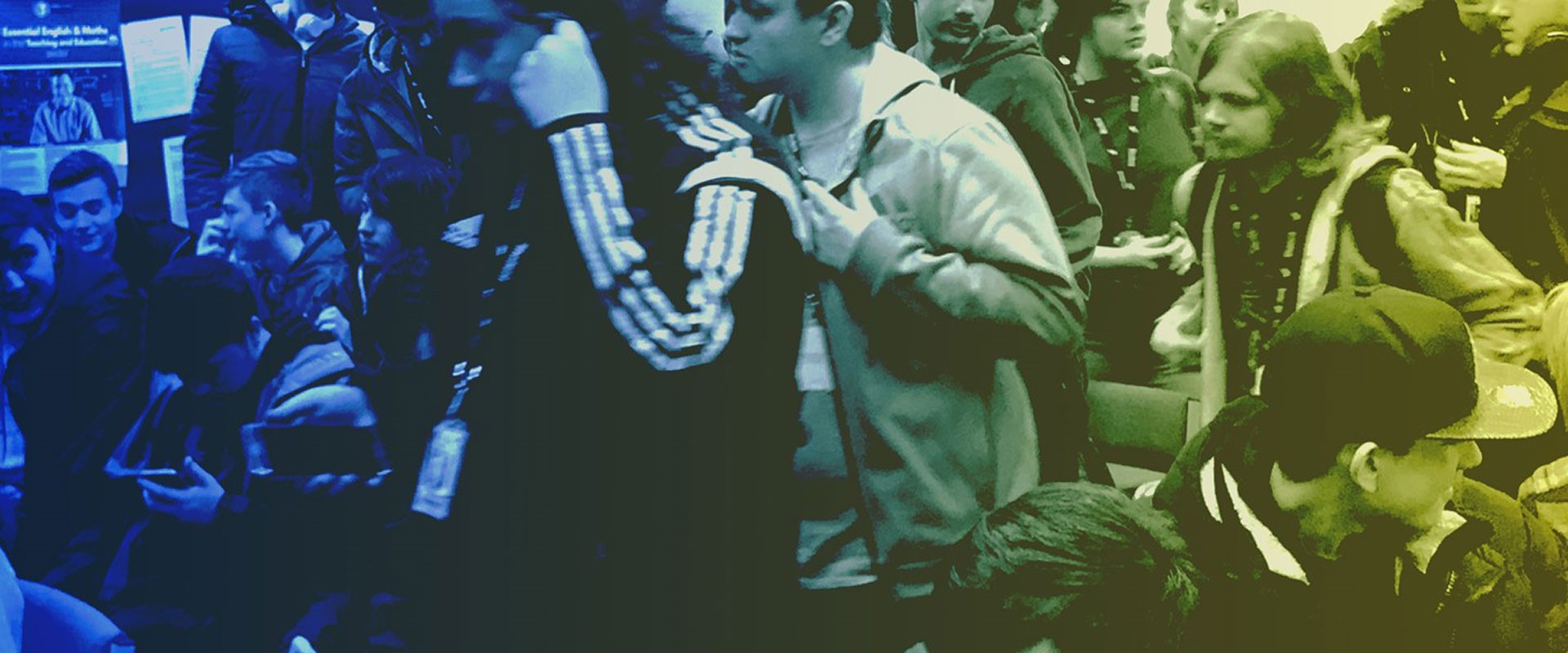Go to any digital or creative industry event or conference and the hot topic among the delegates and speakers is nearly always the dreaded 'skills war'. Finding and attracting the talent to do the work is the biggest issue for all of us. In fact it's such a big issue that whole conferences are given over to it - such as Manchester Digital's recent Skills Festival, which drew most of the leading agencies in the region together to discuss how we can address it.
Key to the solution has to lie with the training, education and academic bodies who need to develop the raw abilities that can harnessed by industry. Investing in this seems like a classic 'no-brainer' as there are lots of people who want careers in the UK's thriving digital and creative economy and there are lots of very well paid jobs for them to fill, and this is growing fast. Finding ways to accelerate the training paths, given the speed of change especially with technologies, coupled with the shortage of skills which inevitably has an impact on finding the trainers and teachers, I appreciate is a huge challenge for academia and education.
It's easy to join in with the conversations during the coffee breaks at these events and moan about these challenges and the rising costs of recruitment and employment, but it would be hypocritical not to take up any opportunity, however small, to make a contribution to the help the educators. I'm passionate about the link between academia and industry so, wherever possible, try to take the opportunity to make a contribution to help education and so I was more than happy to support Wigan and Leigh College's Careers Day by giving an hour long lecture to a group of over 50 design and digital under graduates.
I started by putting a career in the digital and creative in context from an economic perspective and explained that it's one of the UK's fastest growing and most successful sectors which, in turn, means that there are a lot of potential jobs opportunities for those with the right skills. The UK has always been a nation of original thinkers, creatives and inventors, from Shakespeare to JK Rowling, Bacon to Banksy, Whittle to Dyson, Quant to Westwood, Gill to Brody and from Lennon to Adele, we punch way above our weight globally in terms of creativity.
Whilst it's not exactly a typical one, I ran through my own career path as requested. I explained why I chose not to take up the offer of a design job at the London agency where I'd had a near year long work placement, choosing rather to start up on my own straight after graduation. This was based on the freelance work I'd built up, which actually started back at school, which I knew would provide a better lifestyle 'up north' as opposed to living London - that's not to say anything negative about London, I loved my placement, I lived there as a child for 4 years or so and I love to visit, but it's just so expensive! And they don't do gravy with chips. This work outgrew my Mum's spare bedroom, then a shared office until I needed another pair of hands and my own office. This was in the early and mid-nineties so the internet and the world of digital design was happening around me but having a small business made it near impossible to close the doors and retrain.
Then one of those opportunities came along that seemed too good to turn down when Saturn IT, now Saturn Visual Communications, bought my business and I took up a Head of Design role leading the small team I took in, inherited and added to whilst there. We were designing screens for their proprietary software solution used in travel, cinema and retail to provide graphics and information, such as cinema show times, from central databases. Digital signage systems are everywhere these days, but back then it was all cutting edge stuff - the plasma screen units we used were over ten grand a piece. We had a pilot system in Harrods to replace in-store posters but even a trial system had a significant coste when the hardware is so expensive. Ultimately the investment capital they had dried up and the whole thing was restructured which gave me the opportunity to take back the design function and provide an outsourced service to a newly formed technology business. Hindsight, as they say is 20:20 and I realised I'd given away my independence too cheaply so I formed bd2 coming up to 20 years ago.
Whilst the experience at Saturn had been painful in many ways, it did provide my business education as I was thrown into the boardroom and meetings with Venture Capitalists, Accountants and Lawyers. More importantly, the design team was immersed in technology and design for screen having been in a software environment. As well as partnering with Saturn, we took these skills to other technology providers of ERP and CRM solutions and worked with them on User interface design for clients including Boots, Yokohama Tyres and Burberry. Through this we were constantly growing our own knowledge and capability which allowed us to design and develop our first end to end solution in 2002, a bespoke e-commerce website for retailer American Golf Discount.
Since then we've grown the business, expanded our team and delivered ever bigger and more complex projects, of which I showed a few examples. I then went through bd2's structure and explained the skills and abilities needed for each role - .Net Developers, Ui/Ux Developers, Designers, Project Managers, Testers, Marketers, Account Handlers/Client liaison - hopefully giving the students some useful advice on the variety of roles within a small digital agency and the kind of aptitude needed.
I finished off with my favourite quote, which is actually from the founder of the San Carlo restaurant chain, because my hobby is also my job.

